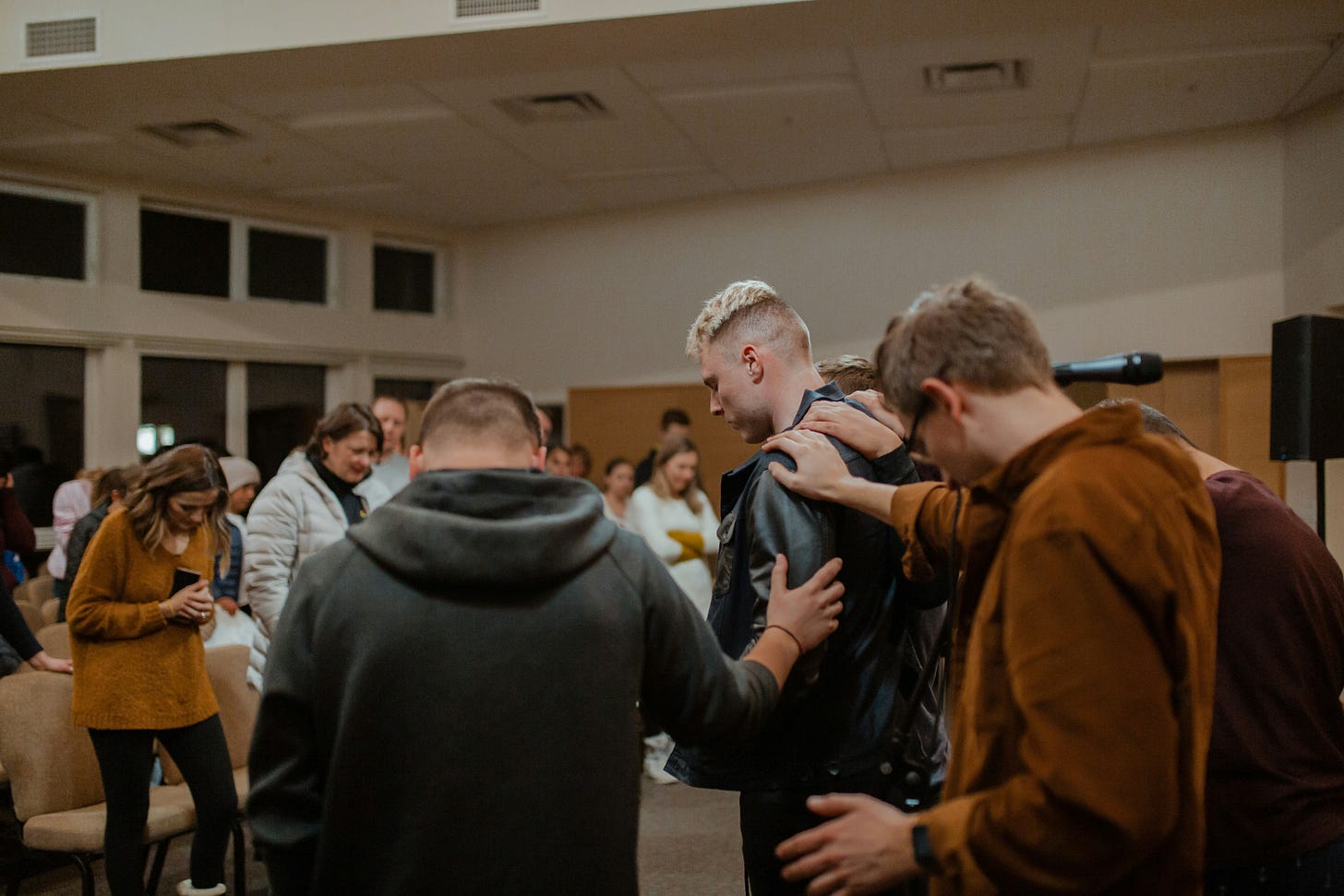Bear the Weaknesses of the Weak
Note from today’s Bible reading: Romans 15-16
After a lengthy discussion about matters of “opinions” (Romans 14:1), Paul gave an admonition to those who were strong in the faith: “Now we who are strong ought to bear the weaknesses of those without strength and not just please ourselves” (Romans 15:1).
This instruction contains a reminder that not everyone has reached the same level of spiritual matu…




